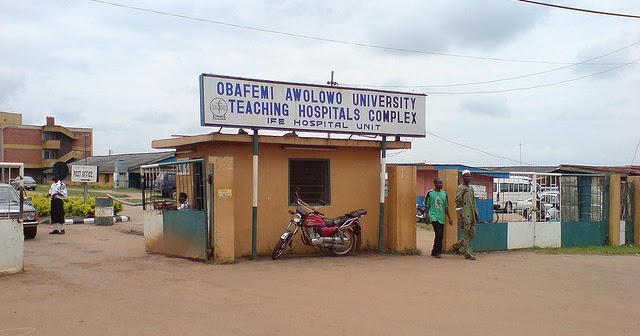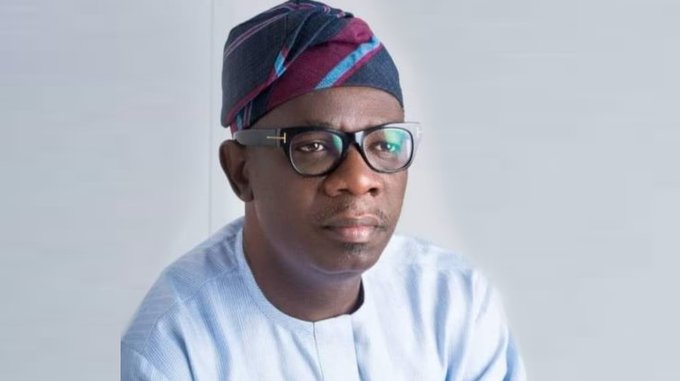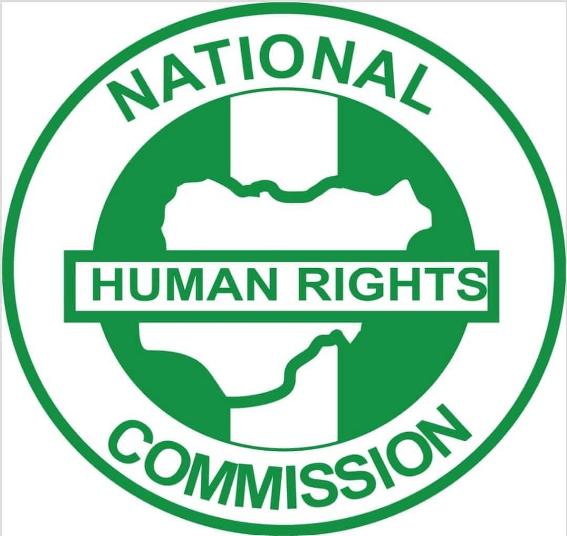By Francis Ezediuno
It is indeed heart-touching when as a human being, you see fellow humans suffering deprivations as a result of shortcomings. This is the situation that some patients in both public, private and faith-based hospitals across the State of Osun have found themselves, as they are stranded in the hospital after they have been treated.
This is because such individual referred to as ‘debtor’ patients and can be found in almost all hospitals – teaching, general and private have been unable to settle their bills even after treatment.
Such cases were discovered in some notable hospitals, particularly, Obafemi Awolowo University Teaching Hospital, Ile Ife; LAUTECH Teaching Hospital, Osogbo, Seventh Day Adventist Hospital, Ile-Ife; Our Lady of Fatima Catholic Hospital, Osogbo and so many other private hospitals in the state.
In a recent investigation by OSUN DEFENDER, it was gathered from selected hospitals that some of these debtor patients find themselves in this situation, atimes by no fault of theirs and atimes by the reluctance of their family members to settle hospitals bills as they query the rationale behind the issuance of such bills.
Speaking under the condition of anonymity with this medium, a medical staff of one of the hospitals visited revealed that having debtor patients was not a big deal, as it was a part of the operational activity in a medical establishment, saying, overtime she had come to understand that the many causes of why patients get stranded in hospitals as a result of inability to settle hospital bills.
According to her, she said some of the patients before going to the hospitals, would have accessed the services of quack medical practitioners and fleeced to the extent that when they arrive at a better medical facility, they would have been left with virtually nothing.
She adduced to the fact that many of the patients do not disclose their financial status on the point of admission and as bills are piled up, they become difficult to settle, a situation that leads to them being abandoned, adding that some of them become stranded either during or after treatment.
She also added that “in many cases, it is good Samaritans that bring such patients especially accident victims and leave them to the mercy of the hospitals”.
“In this type of circumstances, the first thing to be done is to ensure the survival of the patients after which it is hoped that relatives, immediate family members or friends will show up.
However, in some of the hospitals visited, particularly private hospitals, it was observed that some of the ‘debtor patients’ were being subjected to manual labour in order to cover up for the medical bills incurred during the process of treatment.
On a visit to a government-owned hospital, a nursing staff who spoke on account of anonymity also revealed that such cases do not occur in government hospital, since the government of the state operate a free healthcare system, except in some special and rare cases after which directive would have to be given by the hospital management before the continuation of treatment, as no staff wants to incur any liability or made to answer any query.
According to him, “if the management and doctors decide that treatment should continue, we have no choice but to continue treatment. In many cases, termination of treatment occurs when their funds get exhausted.
“Also in rare cases, such patients may enjoy full treatment and detained at the end of treatment, but the case may be referred to the hospital’s social welfare department where funds might be solicited from corporate organisations to offset the cost of treatment and the patients discharged”.
However, checks showed that some private hospitals within the state have devised means of getting the patient committed by ensuring that they are admitted until they show proof of their ability to offset medical expenses, but when such is not forthcoming then treatment would discontinue and the patients discharged.
In some rare cases, it was disclosed that the relatives or friends of such patients would be made to sign undertaking assuring the hospital that the medical bills would be taken care of at a later date.
In some rural communities in the state, investigation revealed that having debtor patients was common, especially in the faith-based medical facilities, but most of them abscond from the hospitals.
This situation has made management of these hospitals, especially the Catholic ones to begin investigation into the background of their patients and when it could not be ascertained they are either denied treatment or referred to a government-owned health facility.
A medical staff in one of the Catholic Hospitals in thge state said, “Some years back, there was the recorded incident of a pregnant woman from Gbongan who was admitted in a private hospital and after a successful CS, she ran away from the hospital during the night on account that her husband and her relatives could not afford to settle her medical bills.
“When the case was discovered, the management of the hospital traced her to Gbongan, brought her back to the hospital and kept her under tight surveillance until she was discharged when her medical bills were settled.
According to one Mr. SA, as he would like to be referred to, a major factor that leads to debtor patients cases is accidents and emergency cases, saying, “Atimes, we require them to pay some deposit but due to the urgent nature of their situation, the first thing is to save their lives. After the patient is okay paying the bill now becomes a problem. Some of them end up paying half the estimate.
“Another factor is that government agencies such as the Federal Road Safety Commission (FRSC), O’Ambulance and the Nigerian Police will just dump patients in the hospitals and go away without disclosing any identity because we cannot reject emergencies. Peradventure some of them die, nobody shows up to claim them.
“There are so many unclaimed corpses at our morgue as a result of this”.
Some of the debtor patients who offered to speak with OSUN DEFENDER said, since they were unable to pay their bill, they have been subjected to manual labour in the hospital complex, even when they still have health challenges.
They however appealed to well-meaning Nigerians and government to come to their aid by offsetting their hospital bills so that they could go home and rest.











